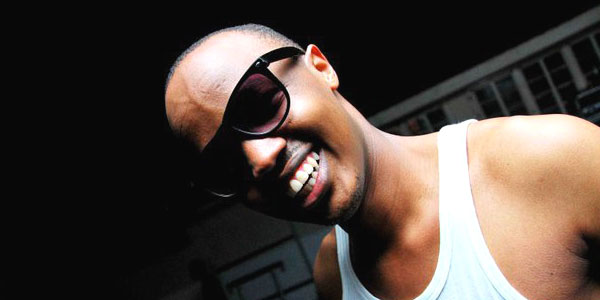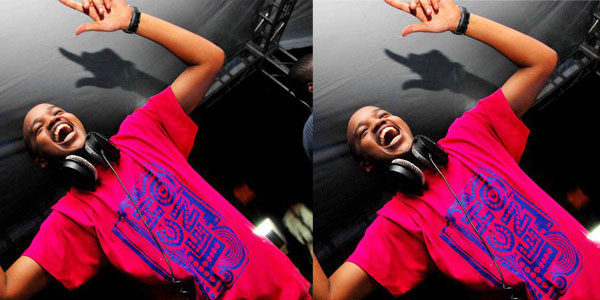One could argue that House music originated from all over the world, simultaneously, evenly and gradually mushrooming to develop the identities it now has in the various regions.
In America, it may have emanated from the key board, and even incorporated some aspects of native American chant-like singing. In Africa, it could have come from the Luhya isukuti drums or the South African version of it. It could have. These beats were then developed to suit the modern times, making the likes of DJ Cleo, Professor and Oskido nothing less than rock stars.
That is my uneducated opinion, and I have salted it generously. But one thing I do know, is that house music is extremely popular here in Kenya, and thanks to music mixers like DJ Protégé, this genre can only keep growing and morphing to become more African.
You may have seen him wearing a tee-shirt, shorts and loafers. A neat looking light skinned guy revving the crowd by telling them to throw their hands in the air and wave them, vigorously.
DJ Protégé loves his House music, and his love for it is infectious. He spared a few minutes to chat with Capital Lifestyle on what it takes to be him.
“Sleep is key! Hours before a gig, I make sure I get some good rest. I usually prepare a playlist for the evening as a guideline, and I play this as I get ready. In the shower, as I dress, in the car as I drive there with the volume very loud. That puts me in the zone,” he said.
Dressed for comfort and with his eyes on the prize, DJ Protégé takes a couple of energy drinks over the hours that he works. “You have to have energy. That is one important thing. You also have to read the crowd well. One mistake that most DJs make is that they play music that they like rather than what people like.”
The first born in a family of two, DJ Protégé thinks his skills as a disc jockey must be genetic. “My dad was a DJ a long time ago, he used to DJ with tapes,” he said, chuckling.
But it’s not only genes that did a good DJ make; it took a lot of hard work and a lot of patience too.
“It took seven months of hustling and meeting clients and doing free gigs to get noticed. I would do mix-tapes and really go out there, before I was recognized.”
The DJ, who plays regularly at Brew Bistro and Il Covo in Mombasa, says that work coupled with humility, is what keeps opening doors in a DJ’s career. Protégé’s career as a DJ is now two and a half years old, and it’s far from over.
“Even now, every day you have about 10 new dance tracks coming out. You have to sample them and see what works with the Kenyan crowd. That keeps the content fresh. With songs that are popular over a long period of time, you have to look for a way to re-invent them.”
Protégé is excited about a project he’s working on with a host of other DJs, to produce a CD of local house music. The aim is steer clear of the South African sound that dominates Kenyan clubs nowadays.
“Dance music is growing and just like we own Kapuka and Genge, we are working on something amazing. There are new levels of creativity in Kenyan music currently.”
Protégé looks just as swanky in shorts as he does in a suit, which he often puts on for his day job as the Business Development Manager for Capital Digital Media.
(Pictures by Rizwan Ibrahim for Kenya Nights).


